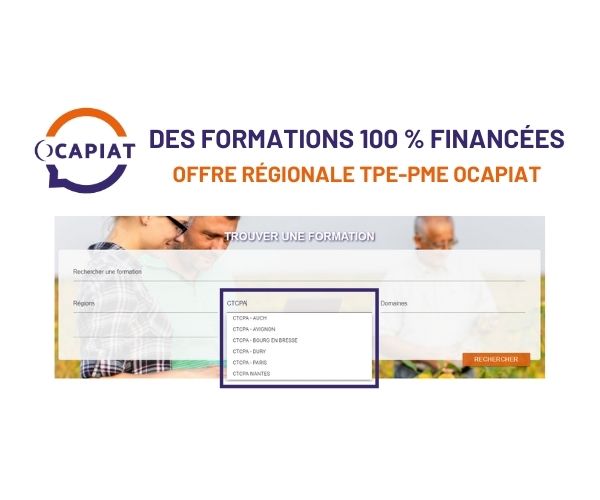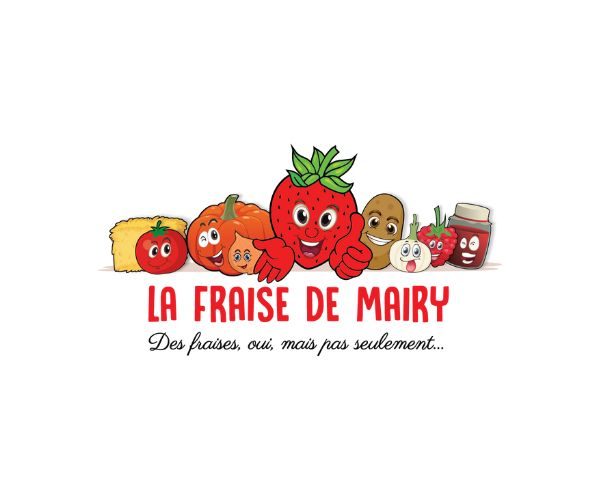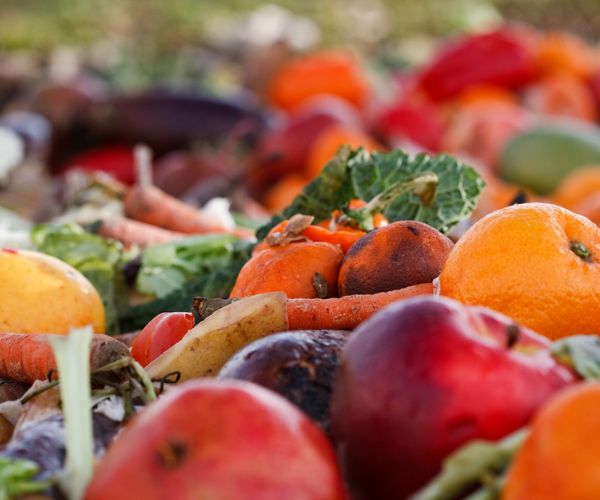Training
100% financed training courses in the agri-food industry for VSEs and SMEs (OCAPIAT regional offer)
14
Mar

Published on : 14/03/2022
Le CTCPA est référencé sur le catalogue formations de l’OPCO OCAPIAT. Découvrez toutes nos formations en agroalimentaire 100 % financées pour les TPE-PME <50 personnes, cotisant à Ocapiat.
Our training courses have been selected in 6 cities: Amiens, Nantes, Avignon, Auch, Bourg-en-Bresse and Paris on the following themes: cycles and career paths, packaging and packaging, food regulations and safety, environment and sustainable development.
The training courses offered are :
- Sustainable development and social responsibility
- Operation of the autoclave
- Operation of the recycling autoclave
- The practice and control of crimping
- Control the manufacture of your heat treated products (pasteurized, sterilized)
- Recipe formulation
- Packaging techniques
- Implement the sanitary control plan
- Line operator
- Cookie maker level 2 : mastery of baking
- Food defense
- Food Fraud
- New food trends: packaging and environment
- Water reduction and reuse
- INCO regulation and food labelling
- HACCP in the fruit and vegetable sector
- Create an organic range: develop and certify an organic product range
- Controlling health risks: good hygiene practices and HACCP
- Internal auditor
- Allergen management in the food industry
- Food preservation techniques
- Crimping, capping and autoclaving
- Making of jams
- Material feeding
- Semi-preserved and canned
- Prepared dishes / products
- Optimize your organic transformation practices
- HACCP
- Good hygiene practices and HACCP method in food industry
- Evaluate and optimize your formulations with a nutritional objective (NUTRISCORE)
- Good cleaning and disinfection practices in the food industry
Learn more about our OCAPIAT training courses: Access our catalog here.
Contact Valérie LE GOUEFF - contact.formation@ctcpa.org - 01 53 91 44 01 for more information.
To register, go to catalog OCAPIAT.






